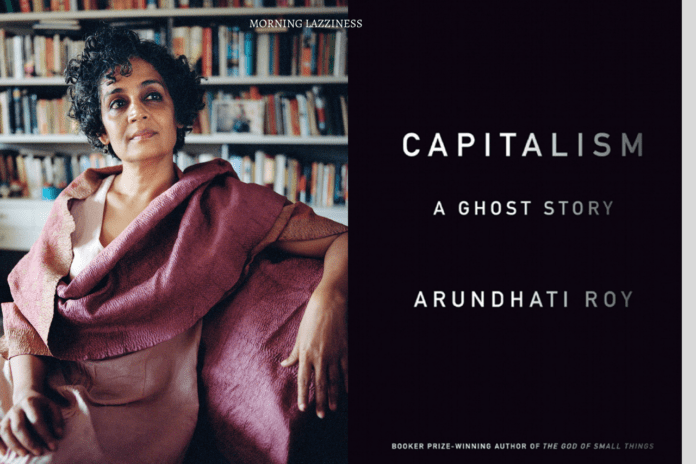Arundhati Roy is an Indian author. Born in Shillong, Meghalaya, she is very well known for her novel ‘The God of small things.’ She is also a political activist, and she works for human rights and environmental causes.
She lives in Delhi with her husband. After her novel The God of small things, she became financially secure and became a huge success, more than six million copies of that book were sold. There are various amazing books by her. Here is the list of some of her best books.
The God of Small Things
“[The God of Small Things] offers such magic, mystery, and sadness that, literally, this reader turned the last page and decided to reread it. Immediately. It’s that haunting.”—USA Today.
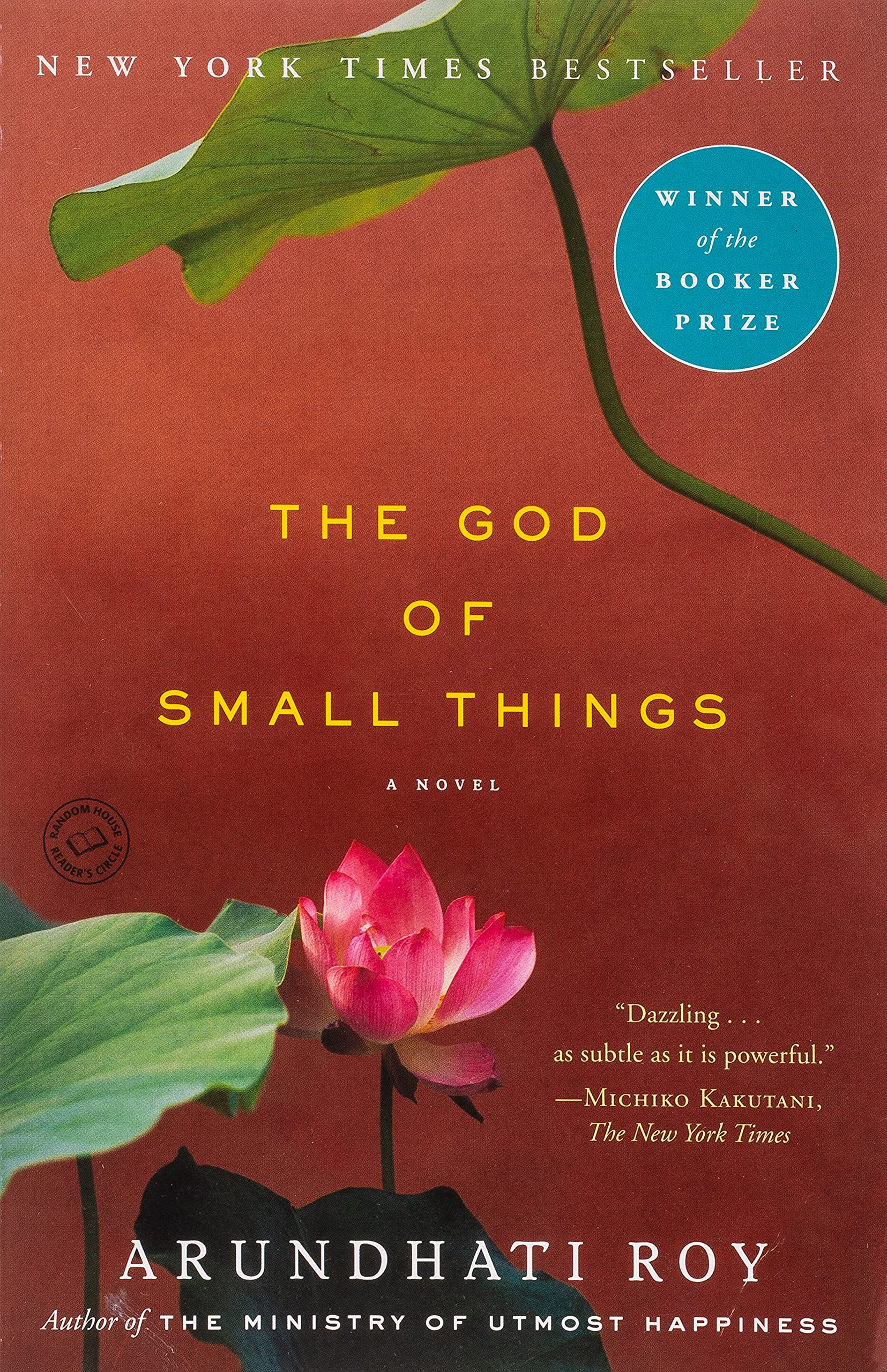
This is a New York Times bestseller book. The book won the Man Booker Prize. This classic piece is a saga of a powerful family, where a forbidden love story takes place, and a series of political events follow after that. The lives of two twin sisters turn upside down after the arrival of their young cousin. This takes place through accidental and intentional tragedies. This is an amazing book and a must-read for everyone.
The Ministry of Utmost Happiness
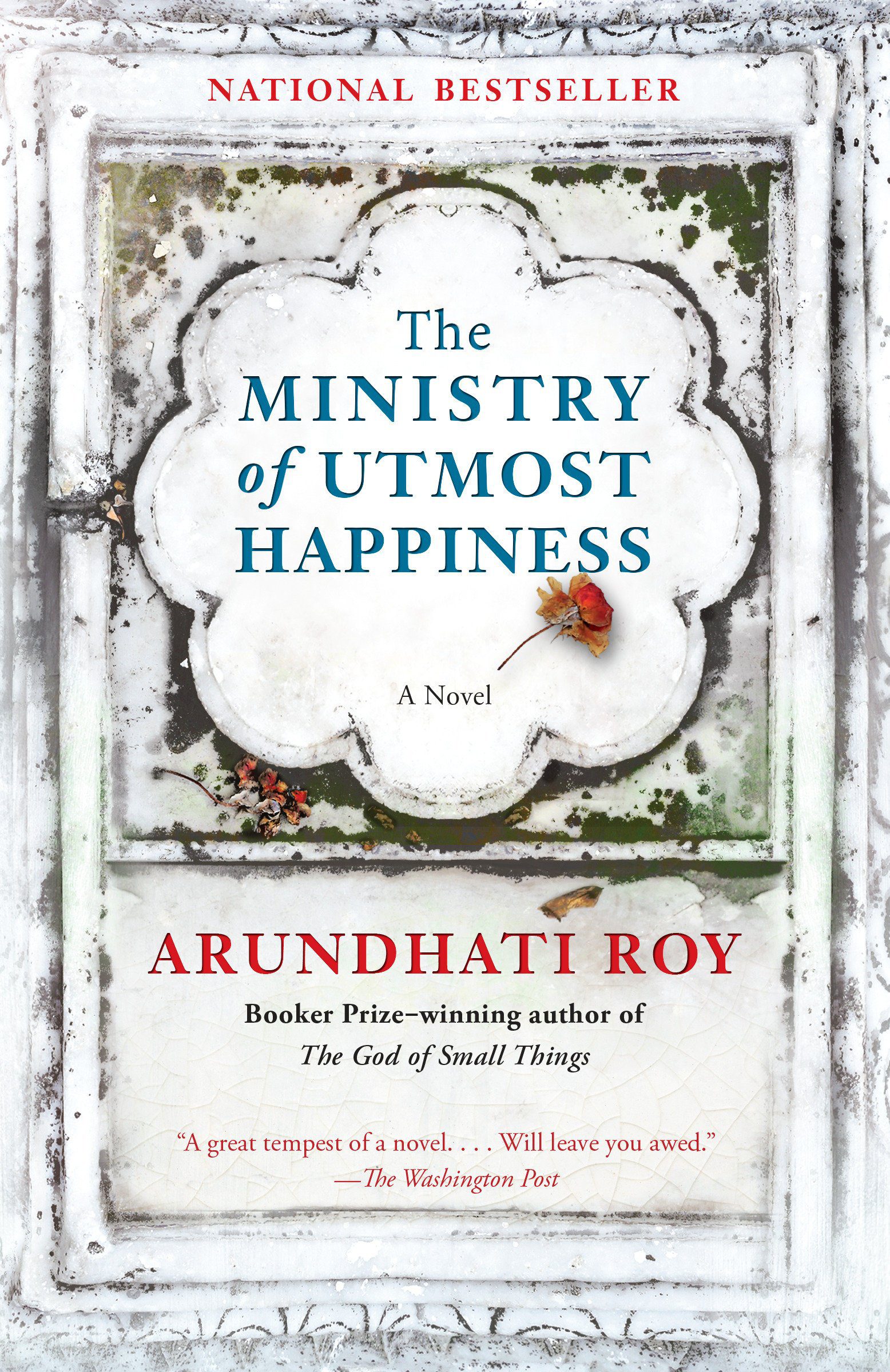
This book is a National bestseller, and it was longlisted for the Man Booker Prize. It was named the best book of the year by various media houses. The book takes the readers on an intimate journey. From the city of old Delhi to the valleys of Kashmir, this is a story of love, hope, and togetherness.
AZADI: Freedom. Fascism. Fiction
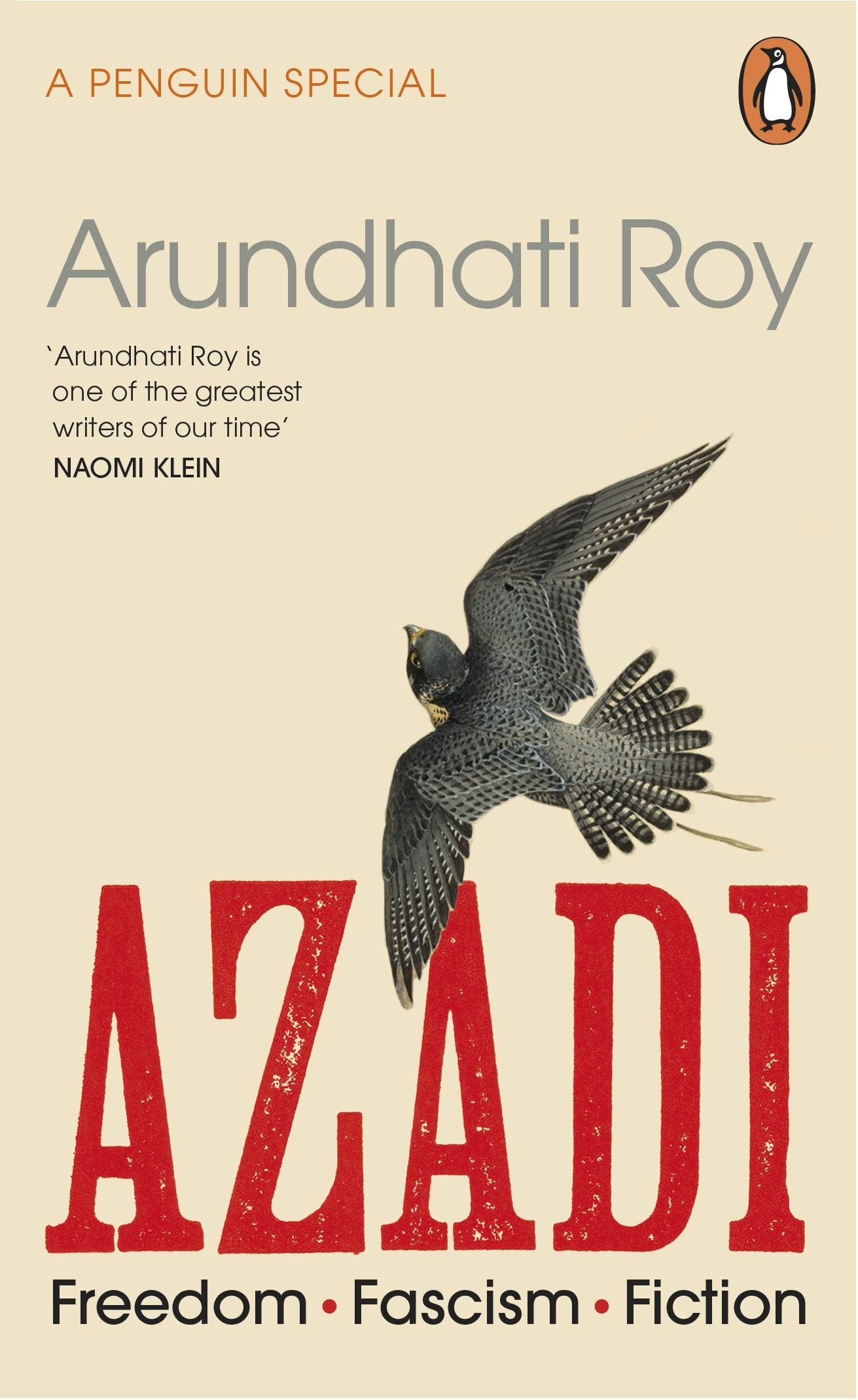
Are you an activist, rebel, or fighter? If yes, then this is a perfect book for you. She explains that Azadi means freedom. It is an Urdu word that every Indian is well aware of and used to preserve nationalism. This word became more meaningful when the world came to a halt due to the global coronavirus pandemic. It is a collection of some electrifying essays. The author has challenged the readers to reflect on the true meaning of freedom in this growing age of authoritarianism.
Capitalism: A Ghost Story
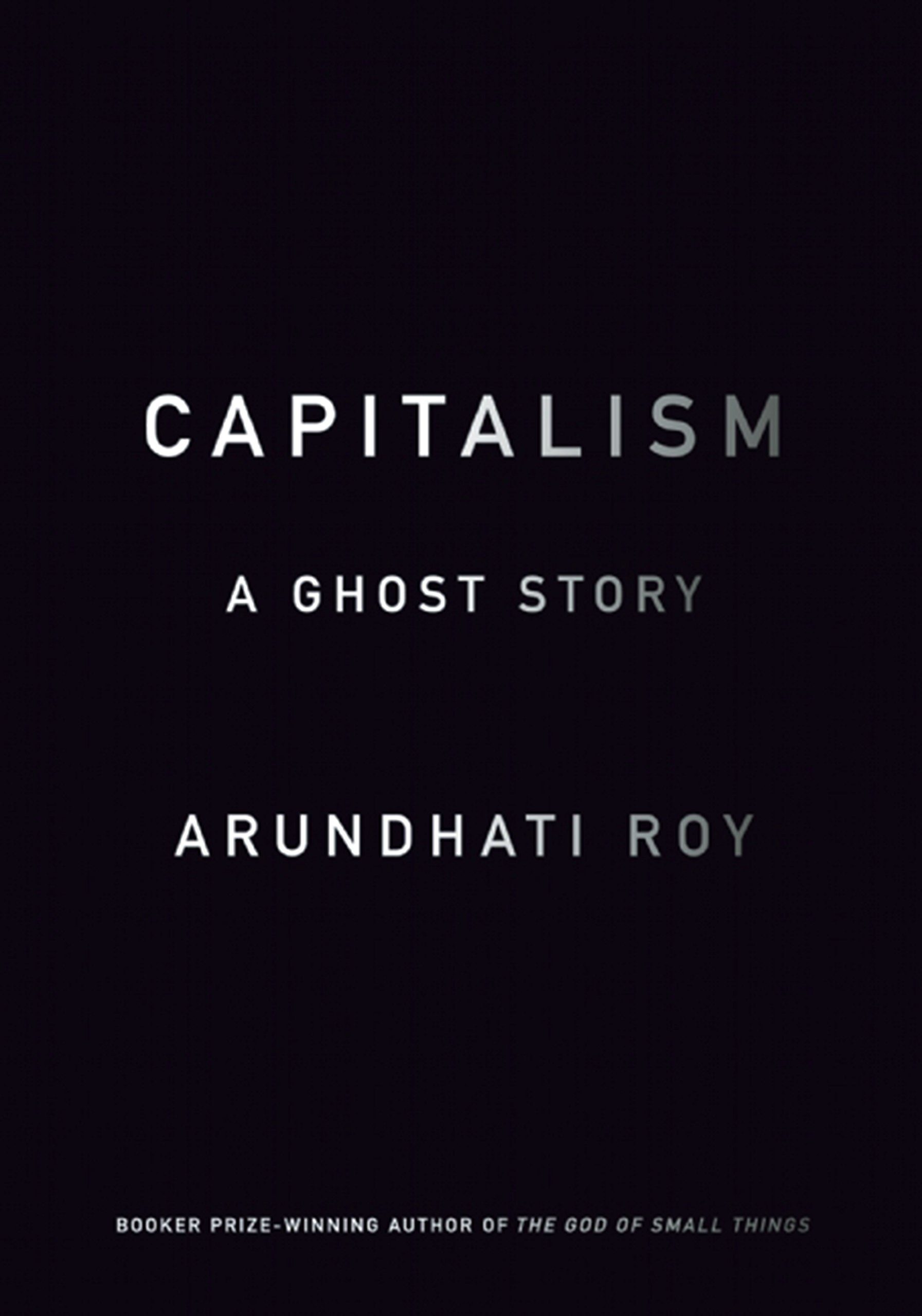
So many farmers in our country are forced to end their lives to escape the debts they own. So many people are even struggling for two meals a day. India is a country with a population of more than 1.38 billion people, yet the top 100 hundred richest people possess the maximum resources of the country. The economic gulf is too huge. This book talks about the dark side of democracy in India and how the people are subject to exploitation and racism.
The End of Imagination
“The fierceness with which Arundhati Roy loves humanity moves my heart.” —Alice Walker.
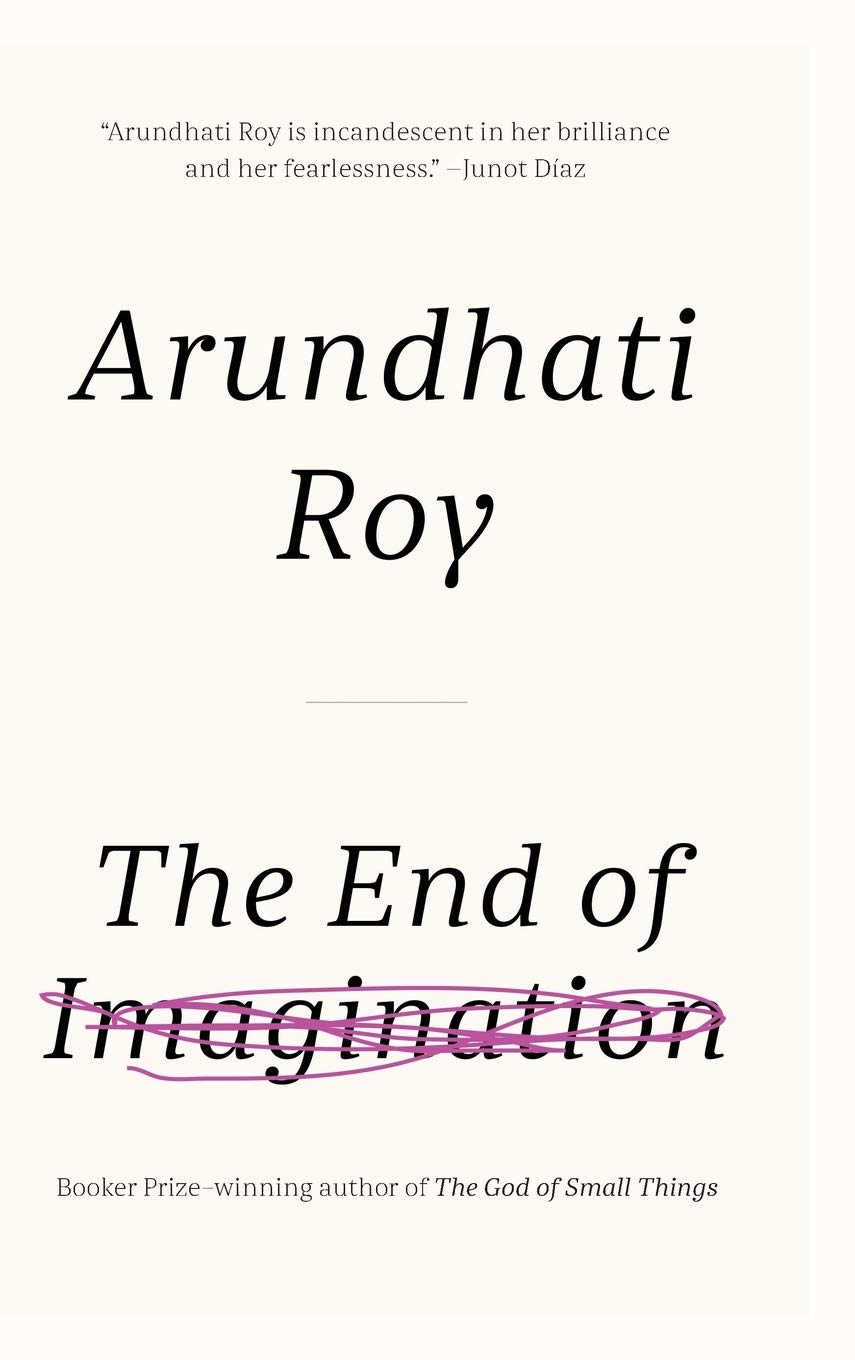
Five books of essays in one volume from the Booker Prize–winner and “one of the most ambitious and divisive political essayists of her generation” (The Washington Post).
This book is a collection of essays written by the author on different topics like condemning India’s nuclear tests, the construction of enormous dams that continue to displace countless people, war talk, public power, and the US invasions in Afghanistan. It is an eye-opening book.
All the Lives We Never Lived
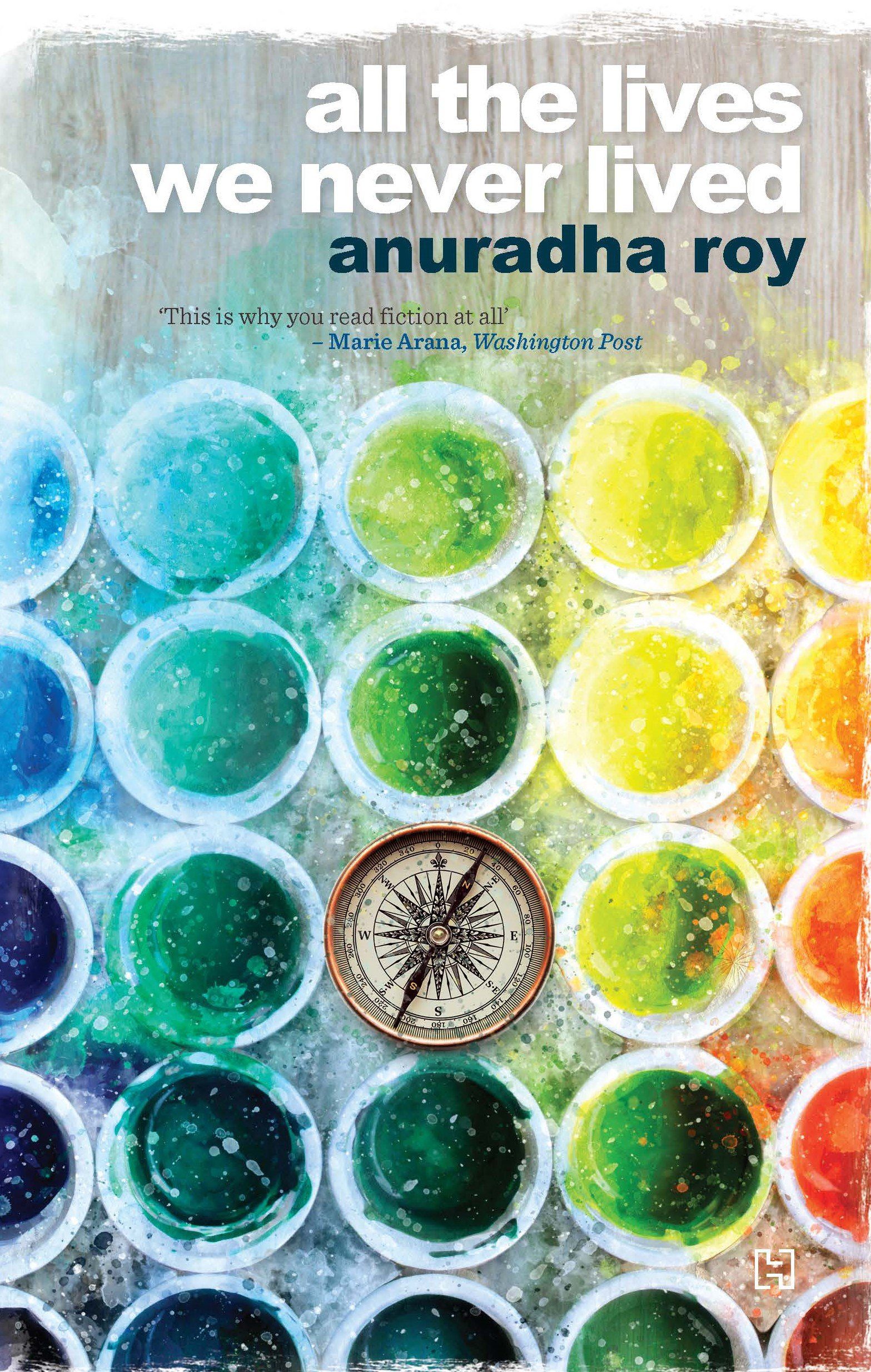
This is a story of a boy and his mother. The lady abandoned both marriage and motherhood to fulfill her desires for freedom. Though there was an air of freedom stirring in India, Germany was under the control of the Nazi party. A friend of the lady seeks her out in such a crisis. Then she discovers and fulfills her long-suppressed desires. What happens next is to be figured out by you. So, grab your copy now.
Walking with the Comrades
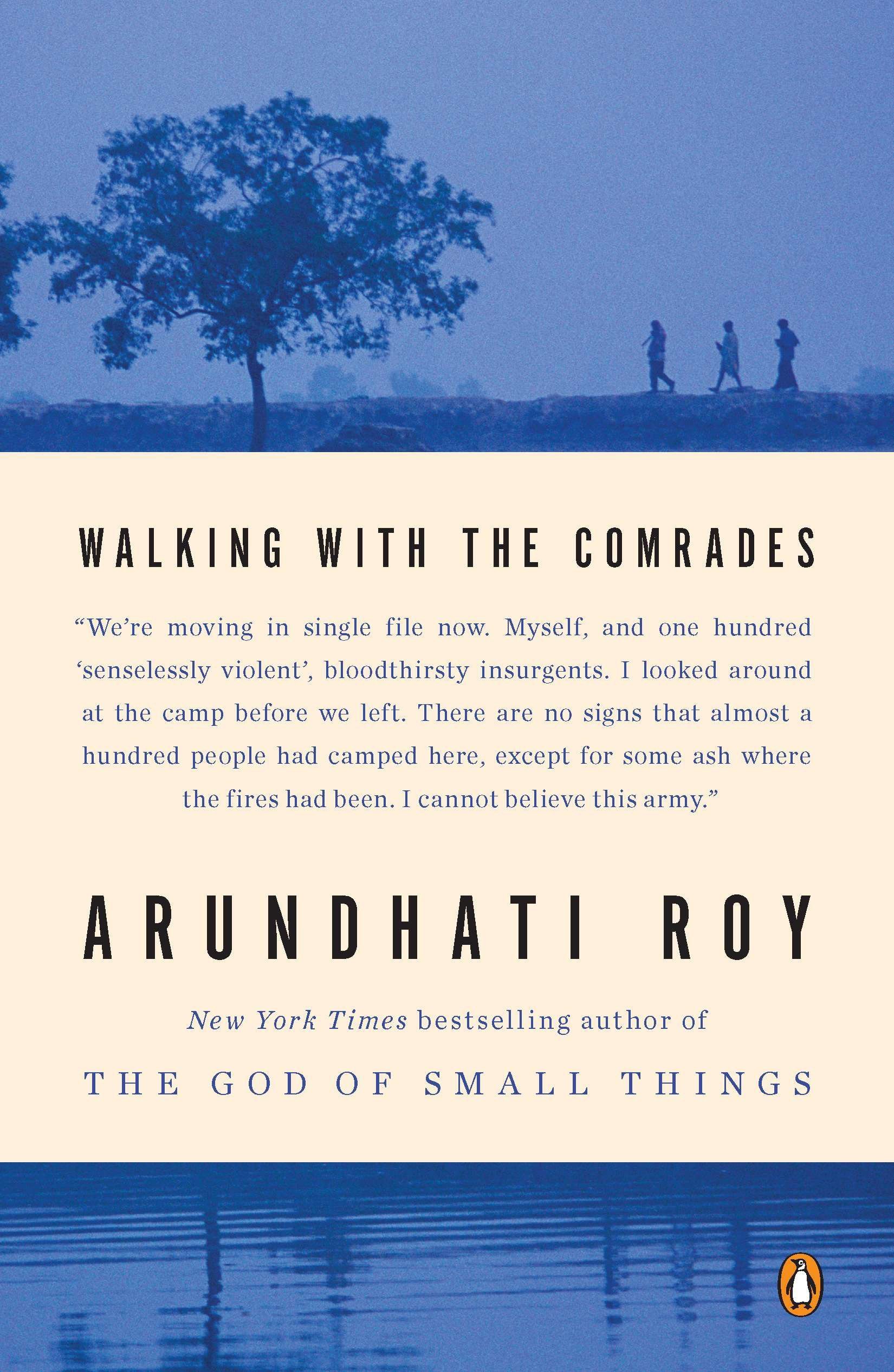
This book is full of earth-shattering revelations about the rebel movement that took place in India. Under the pretense of battling Guerilla war against Maoists, the government of India actually waged war against its own citizens. This could never be reported due to a lack of powers in the hands of the press. It also talks about the corporations which were eager to exploit the tribal lands. It is a must-read book for everyone.
The Doctor and the Saint: Caste, Race, and Annihilation of Caste, the Debate Between B.R. Ambedkar and M.K. Gandhi
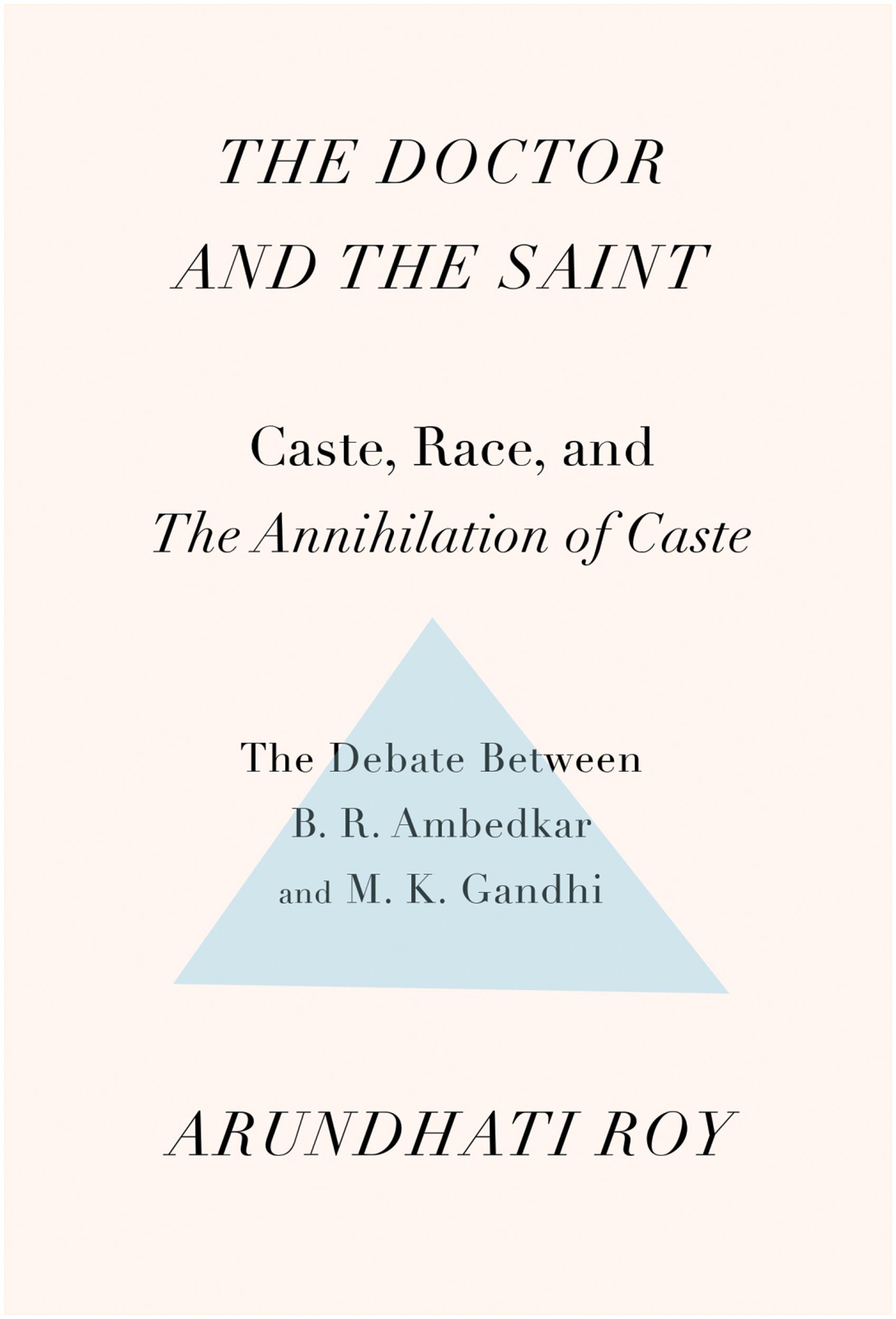
The author urges the readers to examine the importance and contribution of M. K. Gandhi and B. R. Ambedkar. Why does the elite class in India suppress their near-divine status? She says that Ambedkar’s fight for justice was suppressed and pushed away systematically, and other policies were favored, which resulted in this day in India. A country free from British rule and marked by the caste system till date.


